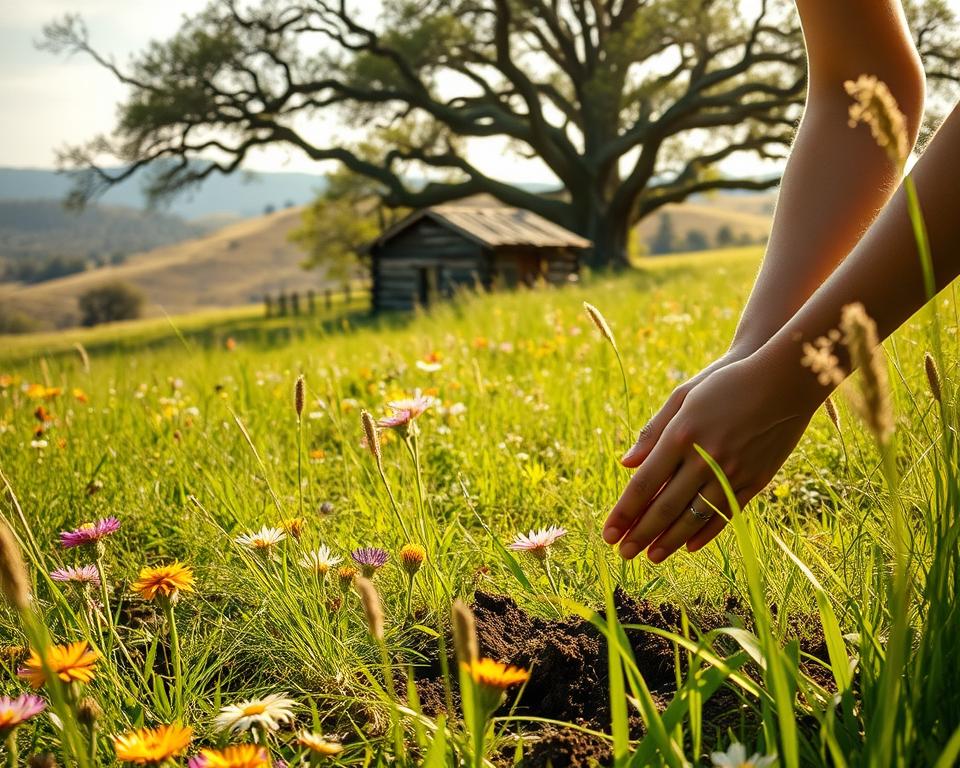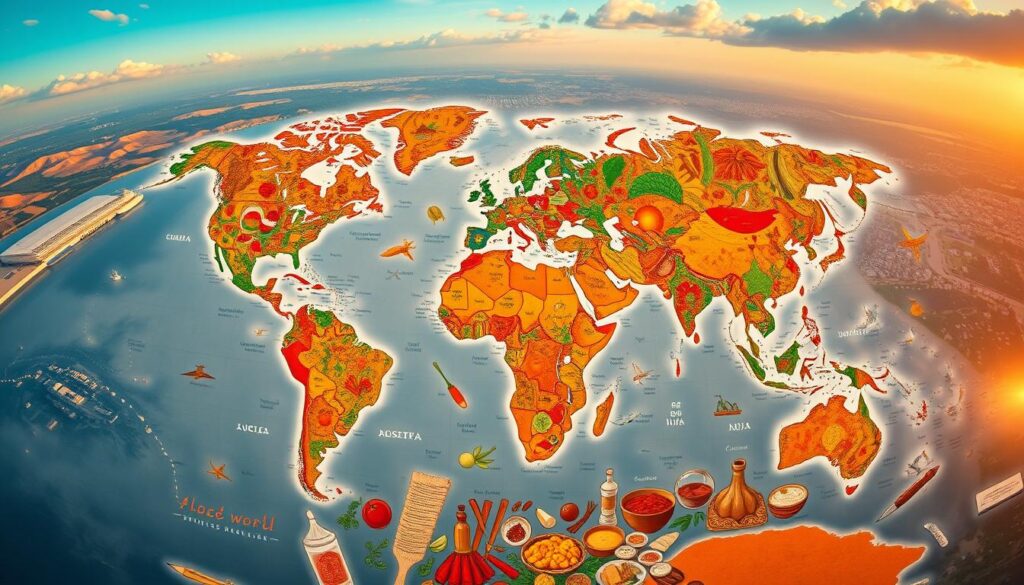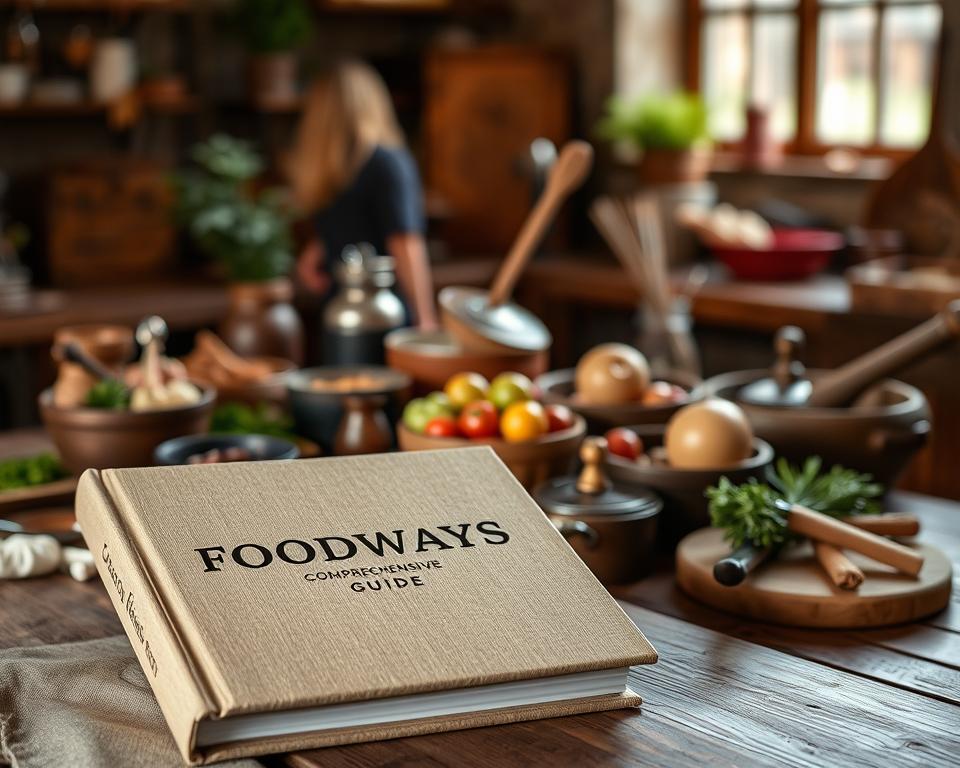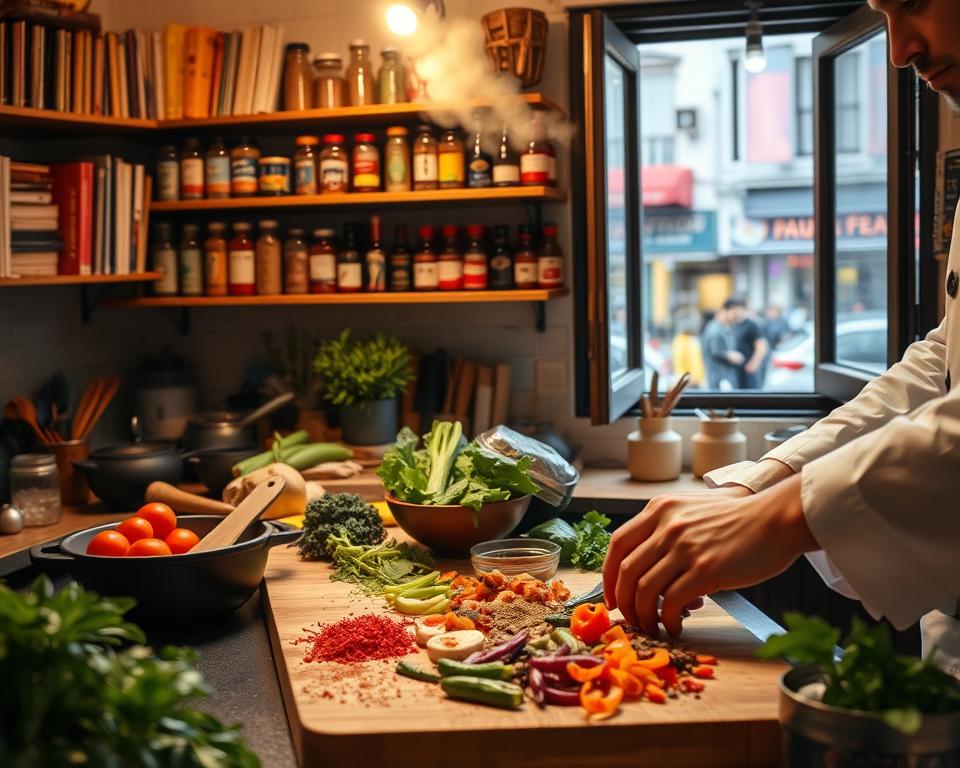Anúncios
Foodways 2025 sets up your year of learning by connecting you to people, places, and practices that center food and community.
You’ll find concrete examples like The Cultural Conservancy’s Native Foodways Program at Heron Shadow in Sebastopol, running March–December and offering paid, part‑time roles at $27–$28/hour. These opportunities mix education, food distribution, and land tending so you can join hands-on work and community life.
Expect a calendar that blends morning learning and evening tastings, from a spring summit in Long Beach to a fall symposium in Birmingham on Oct. 25–26. Events and workshops help you meet growers, cooks, and Elders, and turn ideas into simple next steps you can take over time.
Ready to start? This guide gives you a practical checklist, travel notes, and participation tips so you know where to go, what to bring, and how to keep showing up for your community with confidence.
Start here: why Foodways 2025 matters for your year of learning and community
Start your year by seeing how food, land, and stories shape daily routines and community bonds.
Anúncios
What “foodways” means: It’s the mix of culture, land, and food in everyday life. You’ll notice it in planting, cooking, sharing stories, and caring for place. This approach ties history and present practice so your learning feels connected and real.
Where you’ll engage
You can join The Cultural Conservancy’s Native Foodways Program at Heron Shadow in Sebastopol (March–December). A spring summit in Long Beach offers week-long talks, tastes, and tours. The Southern Foodways Alliance hosts its Birmingham symposium Oct. 25–26.
Who you’ll meet and how events connect people
Expect a.m. sessions for hands-on learning and p.m. gatherings for tastings and tours. You’ll meet youth leaders, Elders, organizers, and chefs who translate local ingredients into dishes and stories.
Anúncios
- Respect and relationship guide the work.
- Programs blend field work, workshops, and story-sharing.
- Each stop asks you to show up with curiosity and helpful hands.
Your field-ready checklist for events, workshops, and land-based activities
Use this quick planning guide to balance a.m. learning, p.m. demos, and outdoor tasks. The tips below make each day easier to follow and help you stay comfortable on site.

Plan your day
Block mornings for talks or hands-on work and reserve afternoons for tastings, tours, or kitchen demos. This split keeps you focused and energized.
Practical checklist
- Register early: Re-check details 48 hours before travel. Farms and venues may shift schedules with weather.
- Packing: Closed-toe shoes, sun protection, refillable water, notebook, and a small first-aid kit.
- Transport: Allow extra time for rural roads to Heron Shadow and partner farms in Novato. Map transit for Long Beach stops.
- Youth & family: Expect student visits and youth-led segments. Choose roles that welcome both Elders and kids.
- Land tending basics: Be ready to help plant, weed, harvest, and follow safety briefings before you start work.
“Arrive curious, bring respect, and leave sites better than you found them.”
Exchange and logistics
Bring small envelopes or labeled jars for seed and plant swaps. If you help with distribution, confirm pickup points, delivery windows, and any lifting or vehicle needs.
Foodways 2025: where to go, what to do, and who to learn from
Map three concrete actions you can take at each stop: help on the land, learn in the kitchen, and support local distribution. These steps make each visit practical and easy to follow.
Native Foodways in the Bay Area
At Heron Shadow, join a community work day to learn bed prep and seasonal planting with Indigenous stewards. Stay for p.m. cooking classes that connect ingredients to story and technique.
Ask staff about food distribution: pickups from partner farms, packing boxes, and documenting deliveries. Offer to help with basic tracking or labeling.
Foodways Summit in Long Beach
Build a daily plan that mixes morning tours of neighborhood farms and hidden gardens with p.m. chef demos and tastes. Use the summit to map links between growers, markets, and kitchens.
Southern Foodways Alliance in Birmingham
The fall symposium (Oct. 25–26) packs talks, contextual meals, and conversations into a focused weekend. Bring questions about preservation, seed keeping, and restoration projects.
Volunteering and support roles
- Start with part-day roles: check-in, workshop support, or distribution prep.
- Help youth sessions by setting up tools, washing bins, or guiding small groups.
- Look for preservation tasks where beginners can label, sort, or archive materials responsibly.
“Arrive ready to learn, offer steady help, and leave with practical skills and new contacts.”
Conclusion
, Finish by setting one reachable goal: attend a work day, a workshop, or an evening tasting that centers food and hands-on learning.
Start small. Pick one date and mark it on your calendar to show up for your community. Use the checklist to pack for the land and plan simple work tasks you can handle.
Try one role at first—help at sign-in, run a station, or assist a small group in the a.m. and join tastes in the p.m. Treat each visit as education and listen to hosts before you act.
Your presence matters. These events—from Heron Shadow (March–December) to a spring week in Long Beach and the Birmingham symposium on Oct. 25–26—help you build ties and bring new energy to everyday life.



